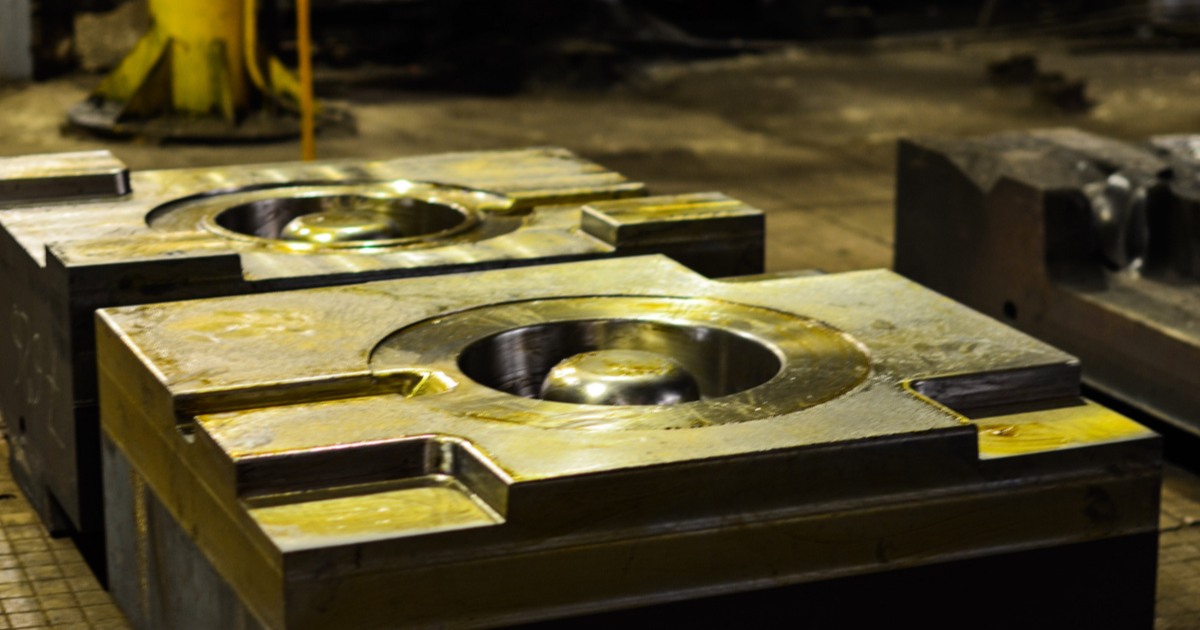The role of an Aluminum Casting Company in global production processes
Best Practices for Upkeep and Applications in the Light Weight Aluminum Foundry Sector: A Thorough Review
Maintaining tools in the aluminum shop market is crucial for operational success. Regular inspections and predictive upkeep can significantly minimize downtime and enhance safety. Advanced innovations, such as IoT and data analytics, play a pivotal duty in this procedure. Comprehending the full scope of ideal methods requires a better exam of certain techniques and their effects on efficiency. What are the vital elements that add to a trusted maintenance structure?
Importance of Regular Maintenance in Aluminum Foundries
Regular upkeep plays a vital function in the effective procedure of light weight aluminum factories. By methodically evaluating and servicing tools, shops guarantee peak performance and long life of equipment. Normal maintenance tasks, such as element, lubrication, and cleaning replacement, aid avoid unforeseen breakdowns that can cause expensive downtime.
Furthermore, regular checks enhance office safety and security by determining possible dangers prior to they rise into significant problems. Tools that is properly maintained runs better, resulting in improved product top quality and reduced waste. Additionally, adherence to an organized maintenance routine can support conformity with sector policies, thus fostering a reputation for reliability and high quality within the marketplace.
Executing Predictive Maintenance Methods
Anticipating maintenance strategies take the concepts of routine upkeep a step additionally by leveraging data analytics and advanced monitoring technologies. In aluminum factories, these techniques enable drivers to anticipate devices failings prior to they take place, therefore lowering unplanned downtimes and optimizing operational performance. By using sensing units and IoT devices, real-time information can be collected on machine efficiency, permitting for the identification of prospective issues through anticipating analytics.
Maximizing Melting and Pouring Processes
Reliable melting and pouring processes are important for making best use of productivity and assuring the top quality of aluminum spreadings. To enhance these procedures, shops ought to concentrate on accurate temperature level control during melting, as this straight influences the metallurgical residential properties of the alloy. Utilizing innovative melting modern technologies, such as induction and resistance melting, can boost energy effectiveness and lower cycle times.
Moreover, executing automated pouring systems decreases human mistake and preserves uniformity in the putting process. Correct mold and mildew prep work, consisting of appropriate preheating, is necessary to stop thermal shock and boost mold durability.

Enhancing Security Procedures in Shop Workflow
Focusing on security in light weight aluminum shop procedures is crucial for protecting workers and guaranteeing a productive environment. Effective safety and security procedures include routine training sessions that emphasize the significance of personal safety equipment (PPE), such as gloves, goggles, and helmets. In addition, the facility of clear emergency situation treatments is necessary in handling prospective mishaps.
Routine assessments of devices and machinery assistance identify hazards before they escalate into major problems. Implementing a durable coverage system encourages employees to interact security issues without fear of consequence. Moreover, promoting More Help a society of security assurances that every staff member comprehends their function in keeping a protected work environment.
Additionally, guaranteeing correct air flow and surveillance air high quality can minimize direct exposure to dangerous fumes and dust. By strengthening these techniques, aluminum factories can significantly decrease the danger of accidents and develop an atmosphere where workers feel valued and secure, inevitably improving overall functional effectiveness.
Leveraging Technology for Improved Efficiency
Using sophisticated modern technology has actually come to be progressively crucial for light weight aluminum shops intending to improve operational performance. Automation and robotics play an important duty in improving production processes, lowering labor prices, and decreasing human error. Applying real-time surveillance systems allows for the constant analysis of tools efficiency, making it possible for aggressive maintenance and lowering downtime.
The integration of data analytics offers beneficial understandings into operational operations, assisting in better decision-making and source allowance. For instance, predictive analytics can recognize potential failings prior to they occur, more maximizing maintenance timetables.
Furthermore, adopting innovative melting and casting modern technologies enhances power performance and material return, learn the facts here now which are essential for sustainability in the industry. By welcoming these technical improvements, light weight aluminum factories can not just enhance productivity but additionally preserve an one-upmanship in a significantly requiring market (aluminum casting company). Ultimately, leveraging innovation is essential in driving innovation and boosting overall functional performance within the sector

Often Asked Concerns
What Are Usual Signs of Tools Use in Light Weight Aluminum Foundries?
Common indications of devices wear in aluminum shops consist of uncommon sounds, reduced effectiveness, enhanced vibration, overheating elements, leaks, and visible deterioration. These indications frequently signify the requirement for maintenance or possible replacement to prevent expensive downtime.
Just How Can I Train Personnel for Effective Maintenance Practices?
To train team for efficient maintenance techniques, one can implement hands-on workshops, create complete manuals, urge mentorship programs, and carry out routine analyses to assess skills and understanding, making sure all staff members understand maintenance methods thoroughly.
What Are the Ecological Regulations for Aluminum Foundries?
Aluminum foundries undergo numerous environmental guidelines, consisting of exhausts control, waste monitoring, and resource conservation. Compliance guarantees very little ecological influence, promoting sustainability while sticking to local, nationwide, and worldwide environmental requirements and policies.
Exactly How Do Foundries Manage Waste and Recycling of Aluminum?
Shops take care of waste and recycling by carrying out systems for accumulating scrap light weight aluminum, making use of sophisticated splitting up technologies, and teaming up with recycling facilities to guarantee effective healing processes, consequently lessening ecological effect and advertising sustainability within the market.
What Are the Costs Related To Executing Advanced Technologies?
Executing advanced innovations in factories incurs significant prices, consisting of preliminary financial investment, training, and maintenance expenses. The long-term benefits, such as increased performance and minimized waste, frequently justify these expenses, leading to boosted earnings. (aluminum metal casting)
